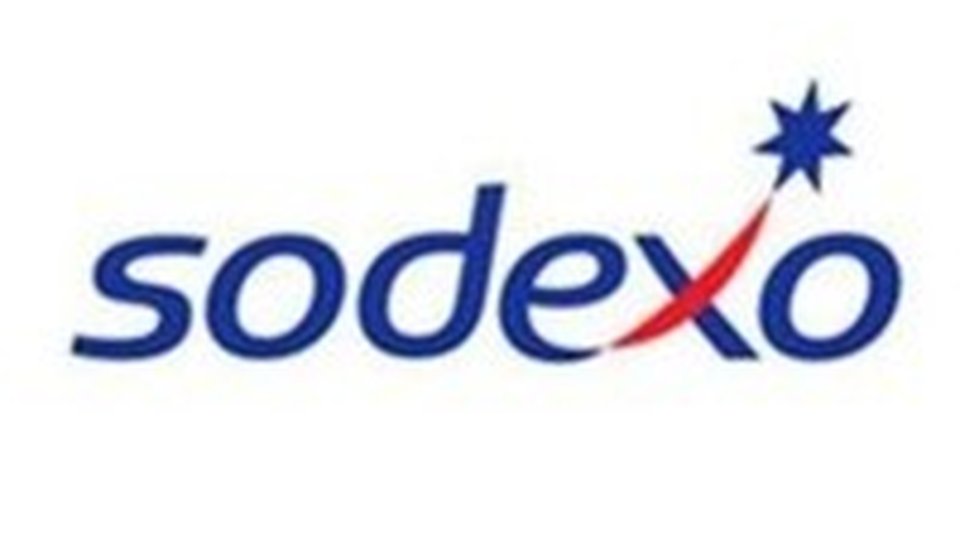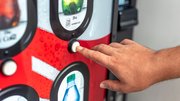Foodservice
COVID-19 hammers Sodexo’s Q3 revenue

July 7, 2020
Sodexo, a French-based food services firm, reported fiscal third-quarter revenues fell organically by 28.5% to 2.1 billion euro ($2.3 billion), driven by COVID-19, according to a company press release.
The COVID-19 impact was significant on the business despite the resilience of the energy and government segments, which together were up 2.7%,
The company expects fourth quarter revenues to be down by about 27%, versus a 15% decline projected in April. As a result, the second semester decline is now expected to decline 28%, or around 3 billion euro ($3.39 billion) and down almost 14% for the gull year.
"We have lost nearly one third of our Q3 revenues relative to last year due to COVID-19," CEO Denis Machuel said in the press release. "Nevertheless, our on-site business broad geographic mix, strong facilities management and large integrated accounts combined with benefits and rewards have given us resilience."
"At the start of the crisis, our focus was on protecting the health and safety of our people, consumers and clients," he said. "With a significant number of sites fully or partially closed, we immediately identified all means to protect our cash and reduce our costs."
On-site services organic revenue fell by about 30%, reflecting the significant impact of the COVID-19 pandemic as many customer sites closed or were only partially open.
Business and administrations was down 28.5%, slightly better than the expected 30% decline. While corporate services was impacted by the lockdowns and home working for white-collar workers, production was maintained in many industries and in many countries, in particular in essential sectors.
Even if buildings were closed to workers, essential cleaning, maintenance and security continued, albeit at a slower pace, resulting in more resilience of the facilities management services than food services. Sports and leisure sites closed down completely, whereas energy and government were more protected from the lockdown by the nature of their business.
Health care and senior services was down by about 13%, a bit more than the expected 8% decline due to the lack of retail activity and the decline in elective surgery.
Education was down by 54%, which was slightly better than the 60% decline expected. With most schools and universities closing from mid-March onwards, sales were limited to meals provided by local authorities to families in need.
Benefits and rewards services organic revenue was down about 23% versus the 20% expected decline. In employee benefits, sales were impacted by the combination of a decline in issue volume of 12% due to temporary unemployment in most countries and the interruption of paper voucher production in some countries, and the more significant slowdown in reimbursement volumes due to restaurants being closed.
Diversification services were impacted by a sharp decline in the home services vouchers during lockdown, and the decline in corporate travel for the Rydoo platform.
Underlying operating profit flow-through from the decline in revenue has improved month by month and is now better than the hypothesis of 25% announced in April.
At this stage, after strong mitigating measures taken on-site and strict implementation of SG&A cost reductions, the company estimates the underlying operating profit flow-through in the second half to be better than originally assumed and should be between 20% and 23% of the revenue shortfall.
For an update on how the coronavirus is affecting convenience services, click here.
 ChatGPT
ChatGPT Grok
Grok Perplexity
Perplexity Claude
Claude






